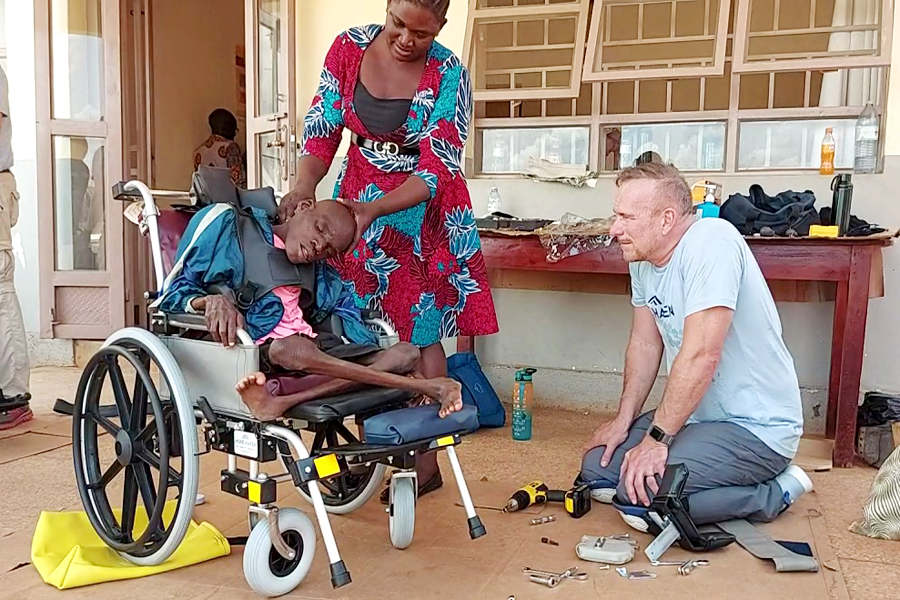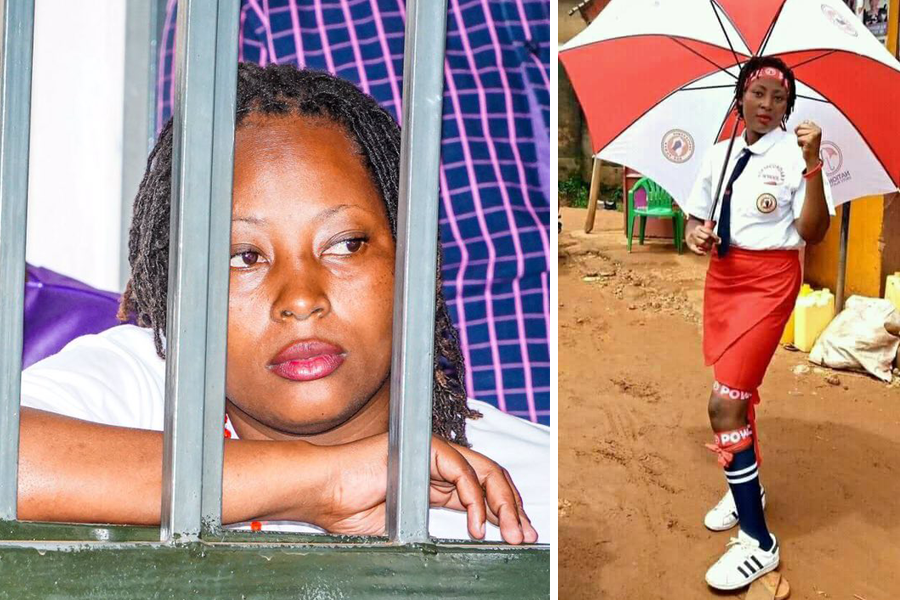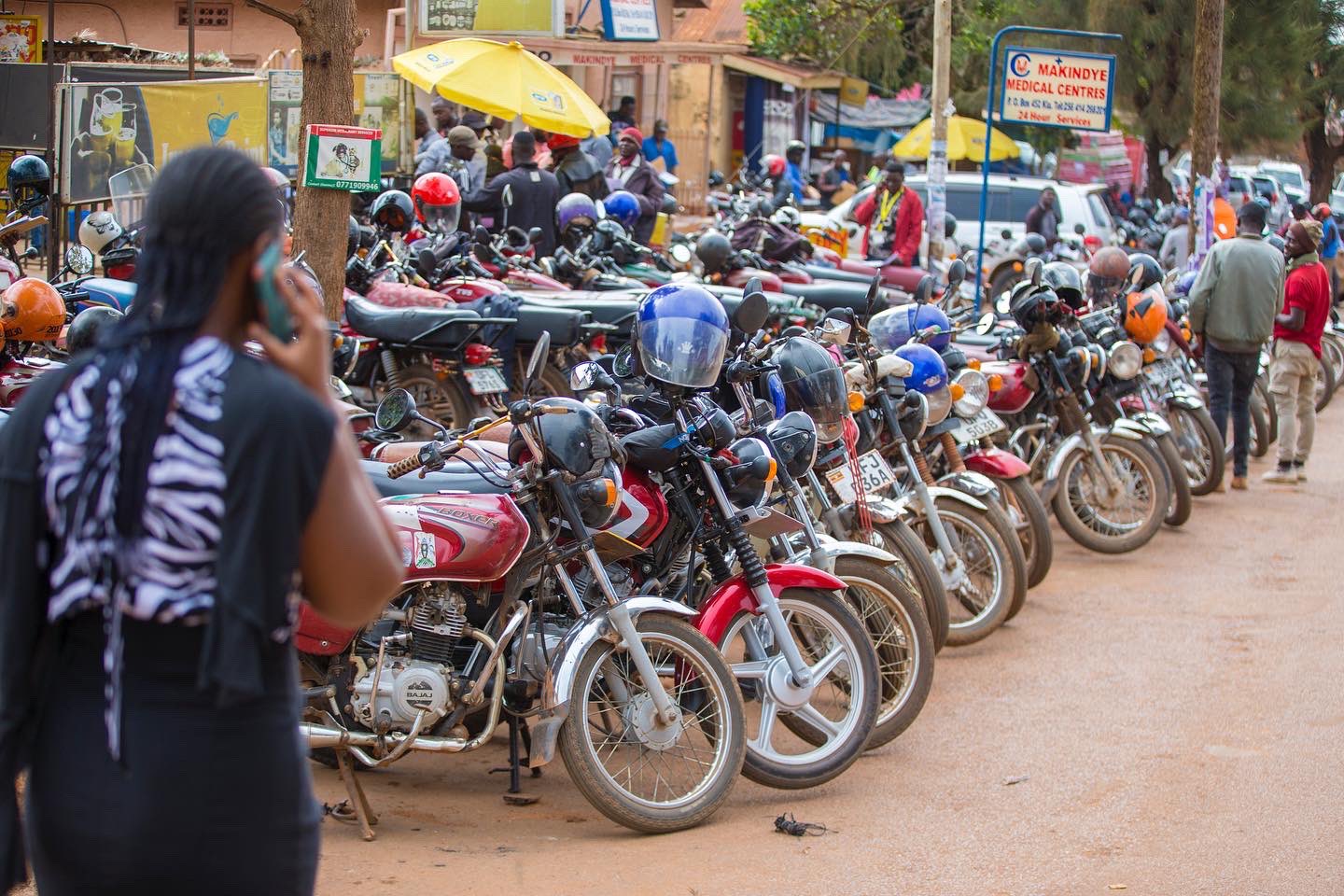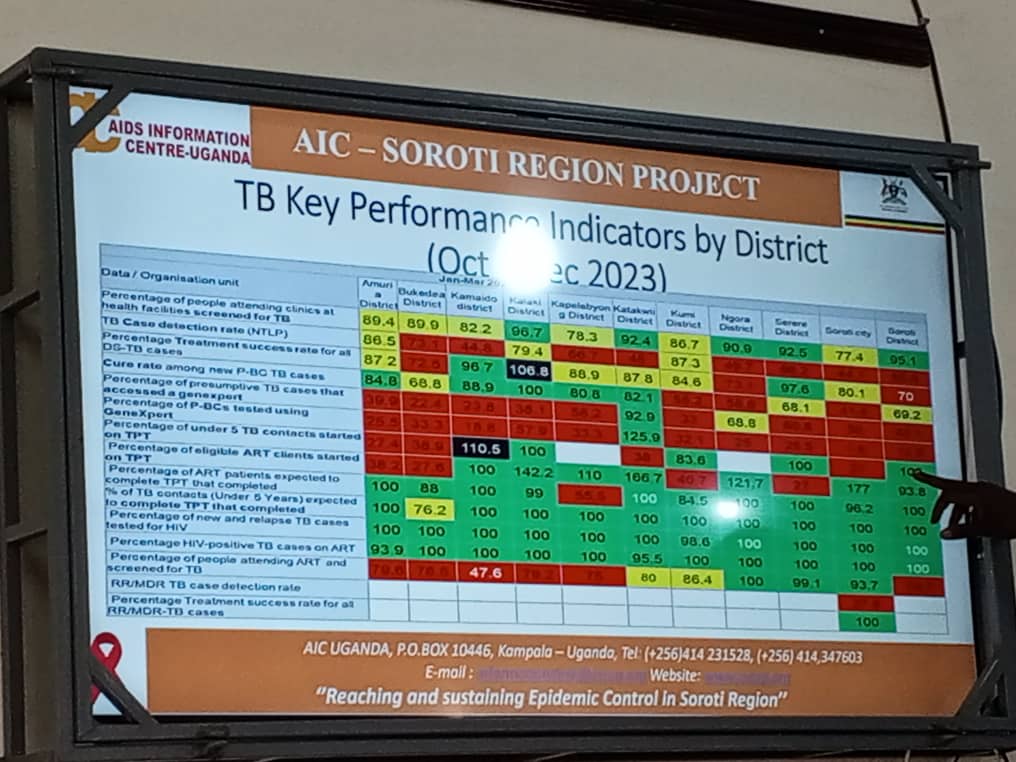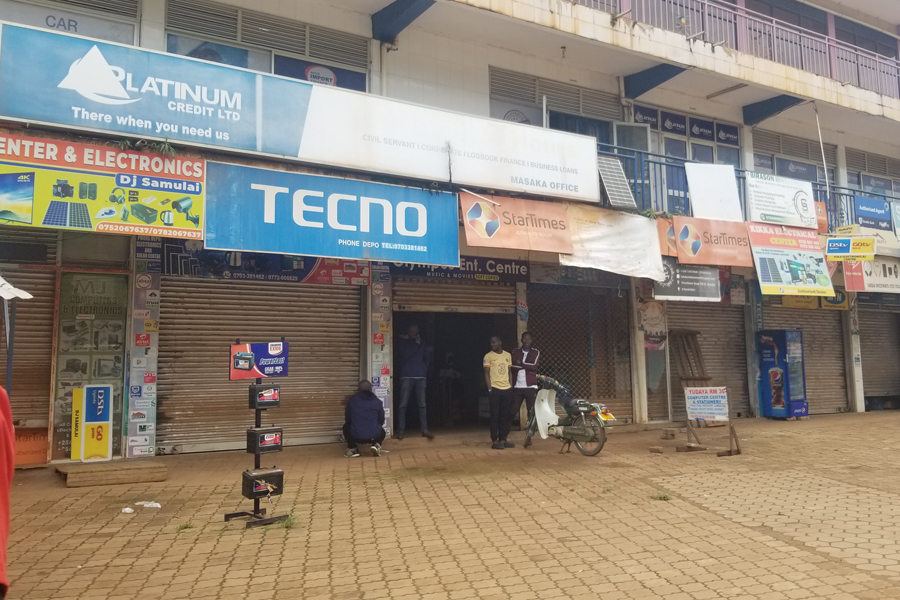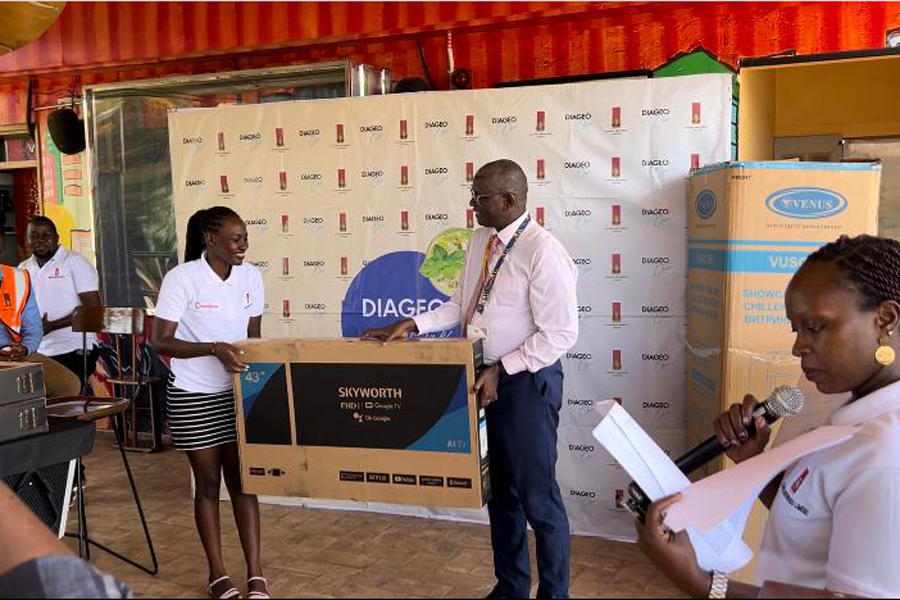 The author Kato Mpanga
The author Kato Mpanga
It is almost three weeks since the British Prime Minister, Boris Johnson placed a lockdown on the country. This means that one can only leave their residence to shop for necessities, exercise once a day, for medical needs, and to travel to and from work if they cannot work from home. As compared to Uganda, there is no curfew here.
According to Public Health England (PHE), as of Sunday 12th April 2020, there were 84,279 known cases of COVID-19 in the United Kingdom (UK), and of these, 10,612 people had succumbed to the virus. On the same date, PHE confirmed 784 cases of coronavirus in Oxfordshire, where my institution, Oxford Brookes University is located. As reported by the Oxford Mail, a local newspaper in the region, 67 people are said to have succumbed to the virus in Oxfordshire. It is not yet clear how many people have recovered.
I have tried coping with this crisis by doing my best to follow the necessary precautions, and above all, praying to God to protect my family, friends, and my country, Uganda. In fact, my hands were recently damaged due to overusing the alcohol hand sanitizer. I have since resorted to using soap and water which I think is a cheaper, and much better option. Besides, I have a friend who a few weeks ago briefly moved to Oxford. However, I have got to discipline myself not to visit him despite having not seen him in a long time.
The streets are generally empty with only a few people doing essential work, shopping, or exercises. Most of the buses I have taken for shopping have hardly had anyone in them. There are some fears when one goes out shopping. Every surface looks like a potential career of the virus. Nevertheless, the solution to this is to either wear gloves, carry a hand sanitizer to sanitize whenever necessary, or to avoid touching one’s face, and to wash one’s hands immediately after shopping.
Thankfully, some supermarkets have put sanitizers at their entrances and exits for their customers to use. In addition, to maintain social distancing, they only let in a few people to shop at a time. The other good news is that there has been a significant reduction in panic shopping, so one can access most of what they may need during the lockdown.
Having read the situation early enough, some international students dashed off to their home countries before most states closed their borders. For the students ‘trapped’ in the country, thoughts of homesickness and concern for the safety of their families back home from contracting COVID-19 are sometimes inevitable. Staying indoors and keeping up with events, family and friends on social media is the new norm.
Getting a slight flu or cough or any other coronavirus related symptom leaves one in doubt as to whether they are safe from the pandemic. Sometimes, every new day looks like a new battle to conquer. However, praying to God about the situation restores one’s hope. When one looks at the increasing number of people succumbing to the virus in their host country every day, one gets to fully comprehend the importance of the fact that God has given them another chance to catch the breath of life.
The closure of most businesses in the city centre means that many international students could be facing financial challenges having lost their part time jobs, despite some university financial interventions.
The fact that the global economy is on the verge of a recession means that some parents might not be able to meet the accommodation costs of their children in time. It is uncertain how international students who may not be able to afford their accommodation will survive. Nevertheless, the accommodation owners might put in place an arrangement in which the stranded students will pay later.
It must be worse for students who have run out of pocket money. This means that they will have to sparingly eat the little they have got left, or depend on the mercies of people willing to share their food with them. Thankfully, the UK’s National Health Service (NHS) is treating international students who have contracted coronavirus.
The university has been physically closed owing to the virus. However, studying is continuing online. It is unimaginable how students who do not have laptops will manage. Unless the university lends them one, they might not be able to continue with their studies this semester. In my case, the university has been kind enough to make the assessments more manageable, with some people having to do take-home exams.
Other universities have applied a no detriment policy, meaning that the marks achieved in the 2019/20 academic year will not fall below the grade average that a student had achieved before the COVID-19 crisis. Graduation ceremonies scheduled for June or July in several universities have been postponed until further notice.
Paraphrasing from the Queen’s speech on COVID-19, ‘Together we are tackling this disease. If we remain united and resolute, by God’s grace, we will overcome it!’ As she added in her Easter message, “We know that coronavirus will not overcome us. As dark as death can be – particularly for those suffering with grief – light and life are greater. May the living flame of the Easter hope be a steady guide as we face the future.”
Kato Mpanga is a Law Student at Oxford Brookes University, Oxford, UK.
@KatoMpanga
katompanga@yahoo.com







